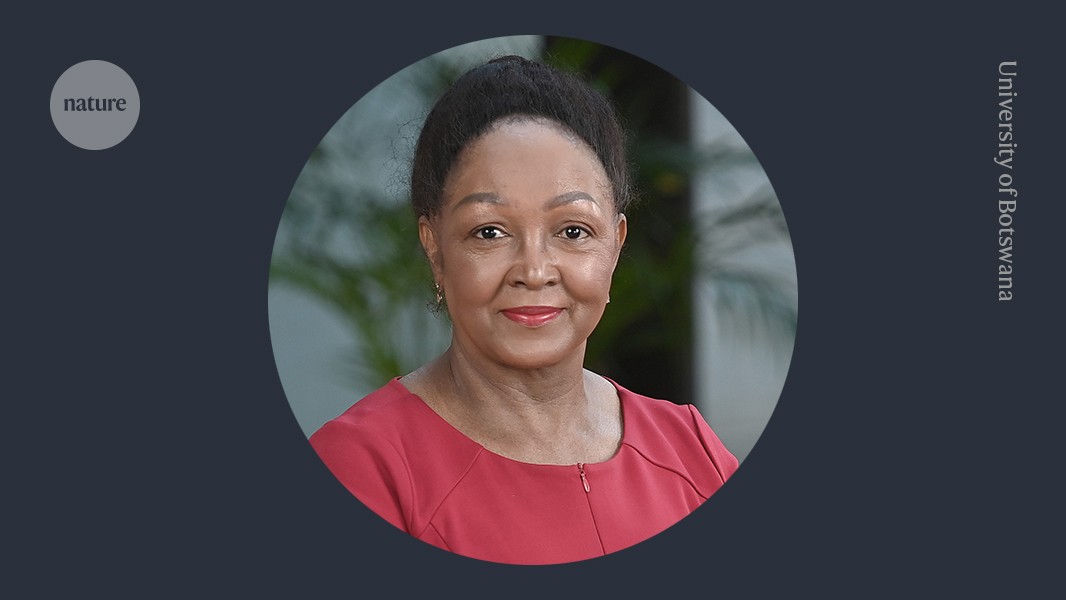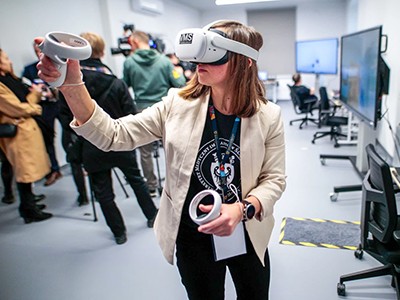The global challenges of today, from climate-fuelled floods, droughts and heatwaves to food insecurity and health disparities, are felt intensely in Africa. To tackle those, universities on the continent must strengthen their research and innovation capacity.
Universities must move with the times: how six scholars tackle AI, mental health and more
On average, African countries spend around 0.5% of their gross domestic product on research and development. That’s less than one-quarter of the global average of 2.7%. Without more investment, African countries will remain reliant on imported innovations that are often costly, ill suited to local realities and unsustainable. Botswana urgently needs to address water scarcity and low agricultural productivity. Drought-resistant crops, efficient irrigation technologies and smart water-management systems would help.
But most universities in Botswana, both public and private, rely heavily on public funding. And with the country’s economy under strain, because the diamond industry it has long depended on is dwindling, the budgets for these institutions are shrinking. The University of Botswana in Gaborone has seen its funding for day-to-day operations decline by about 15% since 2022, and it has received no budget over the past seven years for other developments.
There are also relatively few jobs for graduates to aspire to. In 2022, approximately one-quarter of adults in Botswana, around 240,000 people, were unemployed. This is eroding faith in higher education, shrinking enrolment in advanced studies, weakening research and innovation capacity and fuelling a brain drain. For those who do go to university, Botswana has a skills mismatch: too many information technology specialists, not enough medical ones.
The future of universities
These challenges are prominent. But Botswana’s past prosperity and stability was not built just on diamonds; it relied on sound policies and robust institutions. These policies and institutions must now support the transformation of the country’s economy from a resource-based to a knowledge-based model. At the University of Botswana, together with colleagues, I have been working to convert this mainly teaching institution into a research-intensive one.
There’s no research without people. We are investing in attracting, developing and nurturing talent. We have set up a mentoring and supervision programme to support early-career researchers through partnerships with other African universities and with international institutions such as the Massachusetts Institute of Technology and Harvard University in Cambridge, Massachusetts.




